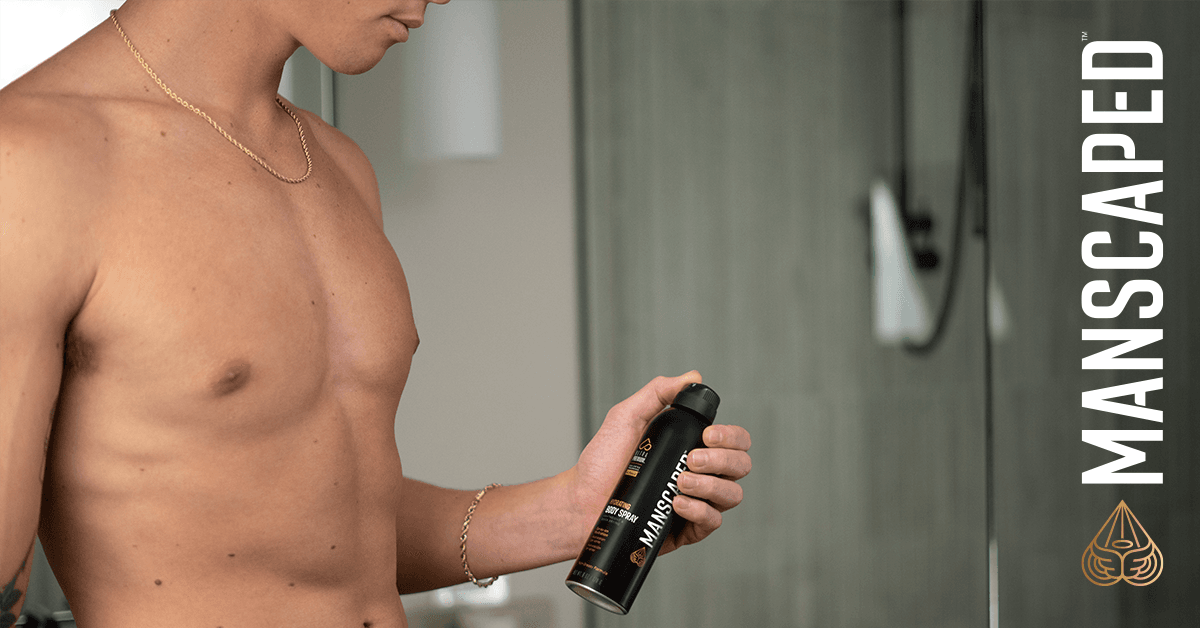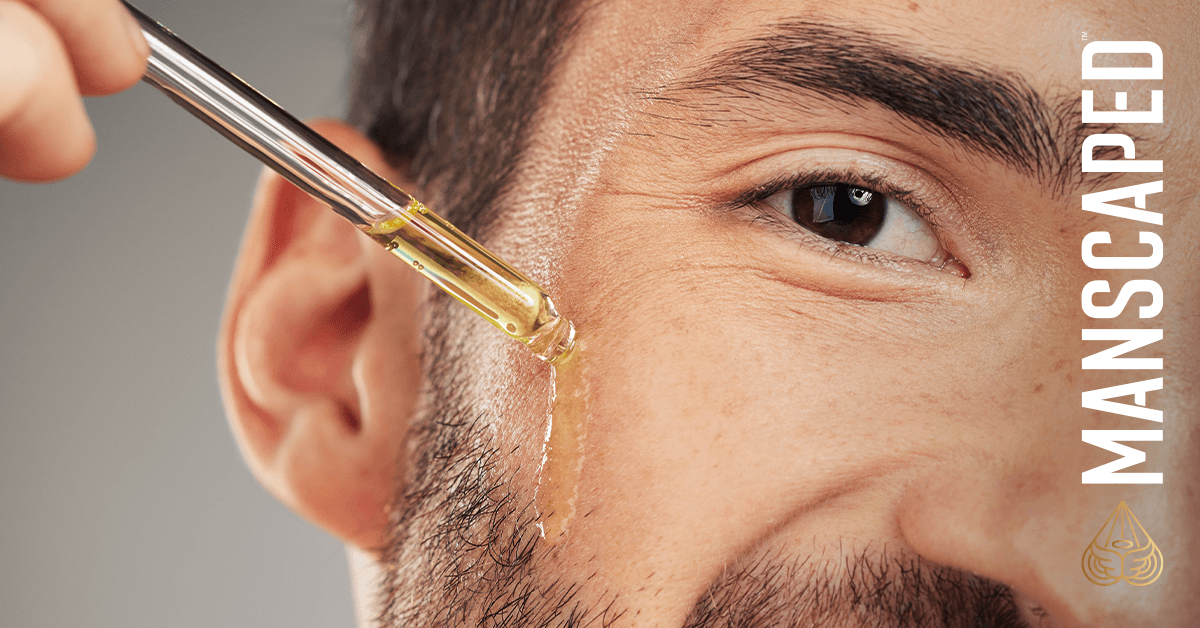
Are you tired? Will you yawn at the mere mention of the word? Everybody struggles with this sometimes, and some people struggle with it all the time. Sleep is essential, but it isn't always easy to find. If any of this is relatable right now, this one's for you.
How does sleep help with self-care?
You understand that sleep is vital to your health, or whatever. You don't need another lecture on that. Instead, we're going to look at sleep as a concept of self-care. There are so many things that can make daily life hard, and sleep is insidiously attached to all of them. You'll see what we mean.
Mental health
Do you remember those ads about how you're not you when you're hungry? The same goes for being tired — especially when you're chronically under-rested. Insufficient sleep can make you grouchy, irritable, sad, depressed, and generally unhappy. It inhibits your ability to think clearly and make good decisions. Bad sleep cycles can lead to a downward spiral that harms your mental health and makes it even harder to get good sleep.
All of that is to say nothing of the consequences of facing these problems. Mental health challenges will impact your personal and professional life, and they can all stem from sleep.
That's pretty heavy, but it comes with a silver lining. Good sleep can send you trending in the opposite direction. It can help improve your mental health and create a positive reinforcement loop that makes you better in every way.
Weight and fitness
When you don't get enough sleep, you lose physical energy. Your body processes glucose and key hormones differently, and all of that impacts your ability to be physically active.
A good example is testosterone. Testosterone production peaks during certain stages of sleep; this is actually what causes morning wood. Those testosterone peaks are essential to developing muscle mass; this is why bad sleep patterns often correlate with weight gain, which exacerbates all of these problems. If you want to lose weight or be fit, good sleep is the most important ingredient.
Brain health
Brain health is probably the most important facet of sleep. Brain health affects mental health, but it does a lot more. Scientists don't exactly know why we sleep or how it works, but they understand a few pieces of the puzzle. They have unraveled that sleep is used by your body to remove toxic chemicals from your brain.
You see, thinking is hard. Literally, brain activity is intense on a cellular level — so much so that competitive chess players can burn 6,000 calories a day during a tournament. When your cells burn calories, they produce waste products. In your brain, some special waste products only get cleaned up while you sleep. That's one of the primary functions of sleep.
When your sleep is off, you're carrying toxic waste, produced by your own body, in your brain. That's why you experience cognitive decline, and your inhibited brain messes with all of your hormone production too. That includes testosterone, but bad sleep distorts your entire endocrine system. That can affect mood, mental health, general health, and so much more.
Lifestyle
You see how much sleep impacts your wellness, your brain, and your mind. It weighs on your ability to do physical things. It's a huge part of your life.
If you're struggling with cognition or mental health, or fitness because you can't sleep well, that's going to have downstream impacts on your lifestyle. You might struggle to perform at work. You can lose your edge when talking with the ladies. You might find it hard to keep your home clean or face the standard struggles of everyday life; this really harkens back to what we said earlier. You are not yourself when you can't sleep. You can't be.
How to help yourself sleep better
You can see why sleep is arguably the best form of self-care. That's why we're going to talk about ways to improve your sleep. Usually, bad sleep cycles come from two places: either you can't sleep or choose not to. If you're in the second category, you don't really need help. We just hope you'll trust that choosing sleep is good for you and worth it.
If you're in the former group, these tips are designed to help you overcome sleep issues.
Be consistent
When you're tired, it's frustrating to hear someone tell you to schedule your sleep. If you could sleep on command, there wouldn't be a problem, would there?
That said, scheduling is still valuable. If you set a regular bedtime and wake time, your body will adjust. This tip alone won't be enough to fix underlying sleep issues, but it eliminates a bunch of extra strain on your sleep cycle. Fixing your schedule is always the first step to better sleep, but it's rarely the last step.
Fix your diet
It's frustrating how much diet affects sleep. You dared to enjoy a pizza on a Friday night. Congratulations! You don't get to sleep for two days.
That might be a little extreme, but you get the idea. To sleep well, you need to find the right balance of proteins, fats, sugars, and carbohydrates. Here's the hard part. That balance is different for every human being on the planet. If you're struggling to sleep, play with your diet. Keep a food journal and do it deliberately. You'll unlock the secrets and find which foods are best for your nighty nighttime.
Oh, and ditch the caffeine. If you can't ditch it forever, stop having it after 6 p.m.
Ditch technology
We're not reinventing the wheel here. Everybody already knows that lots of lights make it harder to sleep. We can talk about the circadian rhythm and try to sound smart, but it's pretty easy. People sleep better in the dark. Even if you think you're an exception, you aren't. People sleep better in the dark.
Take the advice of everyone who has ever studied sleep. Get away from screens. Turn off every light that you can — even the little red standby light on your TV. If you need to wind down, try reading a paper book instead or doing an activity that doesn't require screens. How do you feel about jigsaw puzzles?
This will not create instant success. Instead, you have to do it for a couple of weeks. But, your sleep quality will steadily improve.
Get exercise
This is the hardest. Bad sleep makes it hard to exercise or do yoga, but you need exercise to sleep better. It's like job hunting fresh out of college.
Fixing the exercise-sleep relationship can be grueling, but it's one of those things that you can do with sheer determination (physical health problems notwithstanding). The trick is simple. Push through the tired and exercise anyways. It doesn't have to be a great workout. It just needs to be enough to make your body properly exhausted. Do it, and you'll sleep better. Once you get that first night of rest, you can rinse and repeat. Before you know it, you have a good sleep schedule, and you're riding high.
All of that said, there are medical conditions that make this plan invalid. If you have such a condition, ignore this advice and focus on all of the other tips instead.
Address specific issues
Everyone has different things that mess with their sleep. There's a good chance you already know some of yours.
Let's use a specific but common example. Do you snore a lot? That's often an indicator that you aren't getting the best rest, and snoring is pretty much always linked to sinuses blockage during sleep. A few things might fix this.
Try adjusting your sleep angle. Add or remove pillows from the setup to see if you breathe a little easier.
Invest in some antihistamines. They can clear up your sinuses and solve this problem (for some people).
Try a humidifier or saline nasal gel. That can treat dry sinuses, which reduces inflammation and helps you breathe.
If any of these work, you've solved (or at least reduced) your snoring problem and your sleep quality will go up. This is just one example, but if you can find a specific problem, you can attack it with specific solutions until something works.
Get help
There's a whole science devoted to understanding sleep. They can do a sleep study on you, specifically. They'll tell you exactly how you're sleeping, and then they'll give you solutions to help you sleep better. The best thing about living in modern times is that we have specialists who can help us. Take advantage of it.
Good sleep can change everything about your life for the better. Whatever it takes, invest in your sleep. You're already underestimating the returns you'll get.
05.19.21
Share

Featured Articles
- Your Favorite Ball Deodorant. Now with a New Scent: Perservere.MANSCAPED® + TCS for Testicular Cancer Awareness MonthIntroducing The Lawn Mower® 5.0 Ultra TCS Special Edition and TCS Ball Hero BundleThe Dome Shaver™ Pro vs. The Dome Shaver™ Plus: Which Should You Choose?The Chairman™ Pro vs. The Chairman™ Plus: Which Should You Choose?



